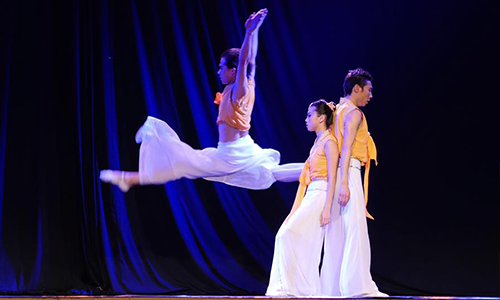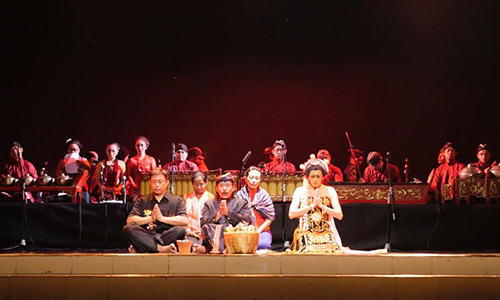The rich diversity of performing arts in the Asia-Pacific Region is deeply embedded in their traditional culture, through the artistic expression of dance, music and theater arts. Such precious artistic values are a unique testimony to a rich intangible heritage, which must be preserved and promoted. For these reasons, it is necessary to develop and provide a platform for the enhancement of research, exchange, education, and networking for the performing arts and artists. Furthermore, it is necessary to promote the status of Artists in the Asia-Pacific Region.
APPAN (Asia-Pacific Performing Arts Network, UNESCO NGO) was established in 1999 by Dr. Sun Ock Lee, who is the founder of APPAN, under the supervision of Korean National Commission for UNESCO and the UNESCO Regional Office of Asia Pacific region. The inauguration of APPAN was sponsored under the patronage of UNESCO and the members of APPAN-Korea. The headquarter of the APPAN network for development and international relations is located in Seoul, Korea. Each national focal point of APPAN can establish a regional office such as APPAN Korea or APPAN India etc. In the meantime, according to APPAN by-law, the chairperson can operate all APPAN related activities in their regional office.
AIM
● Strengthening and enlarging continuous communication among the members of the Network. Establish an Asia-Pacific Regional performing arts exchange through workshops, master classes, exchange residencies of performers, choreographers, stage designers, lighting designers, etc..
● Promote opportunities for exchange and intercultural performances of local dance and theater companies.
● Act as a clearinghouse for training and scholarship opportunities in the performing arts within the region.
● Serve as a vehicle for the exchange and development of educational materials relating to the performing arts of Asia-Pacific with a particular aim to introduce this material into the secondary school curriculum and general public media (T.V, Print, the internet).
● Collecting, processing and disseminating information on performing arts development, performing arts policies and life.
● Encouraging joint research and other performing arts endeavors, improving information flow among developed and developing countries, the UN and other international organizations (ITI, ASP, CID, EPEND, APENIU, MAB, CULTL, AD, etc.) .
● Creating a job market for performing artists through arts presenters and management.






